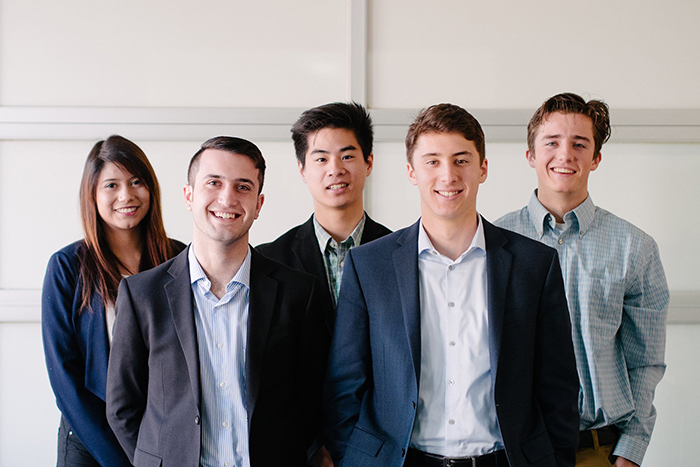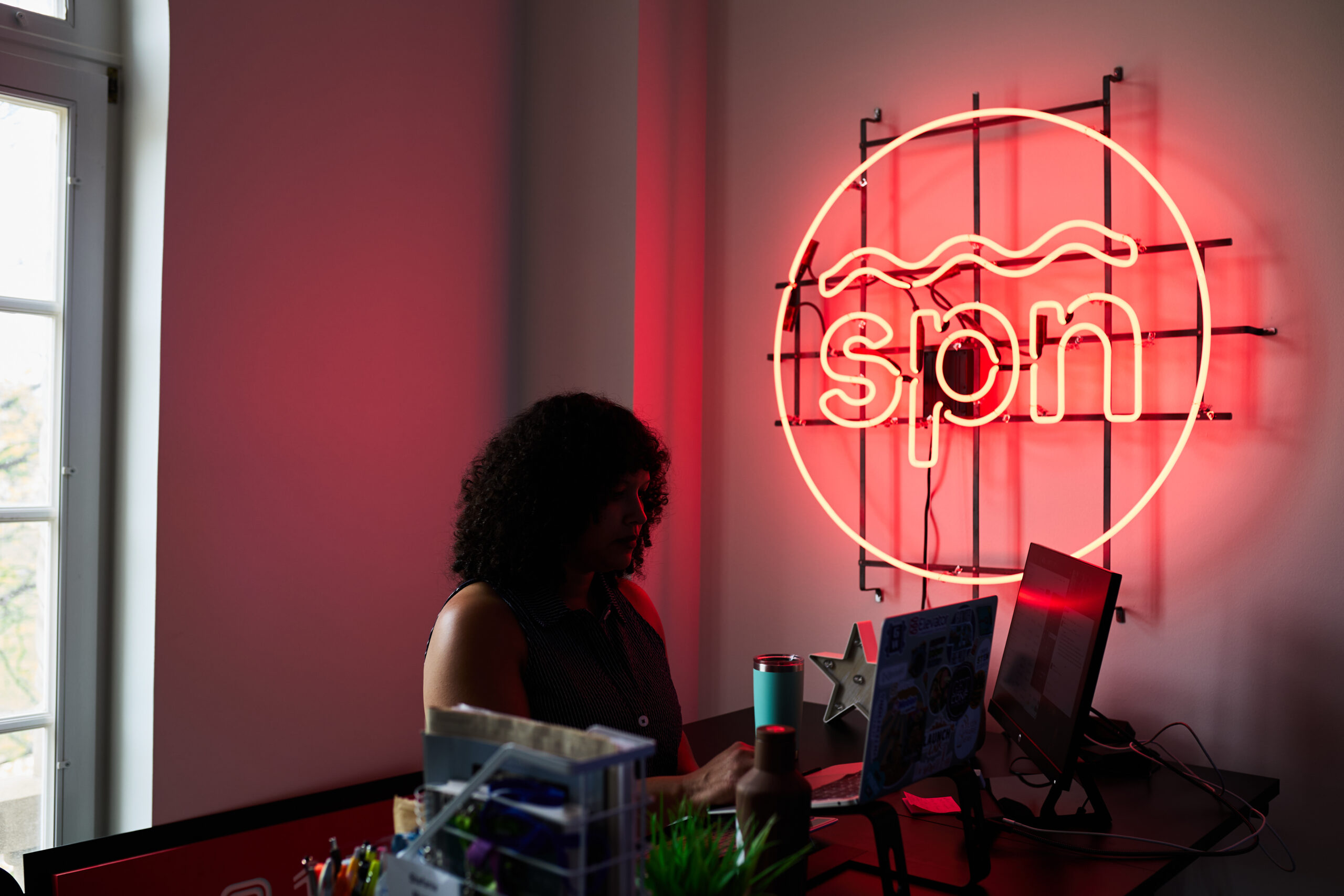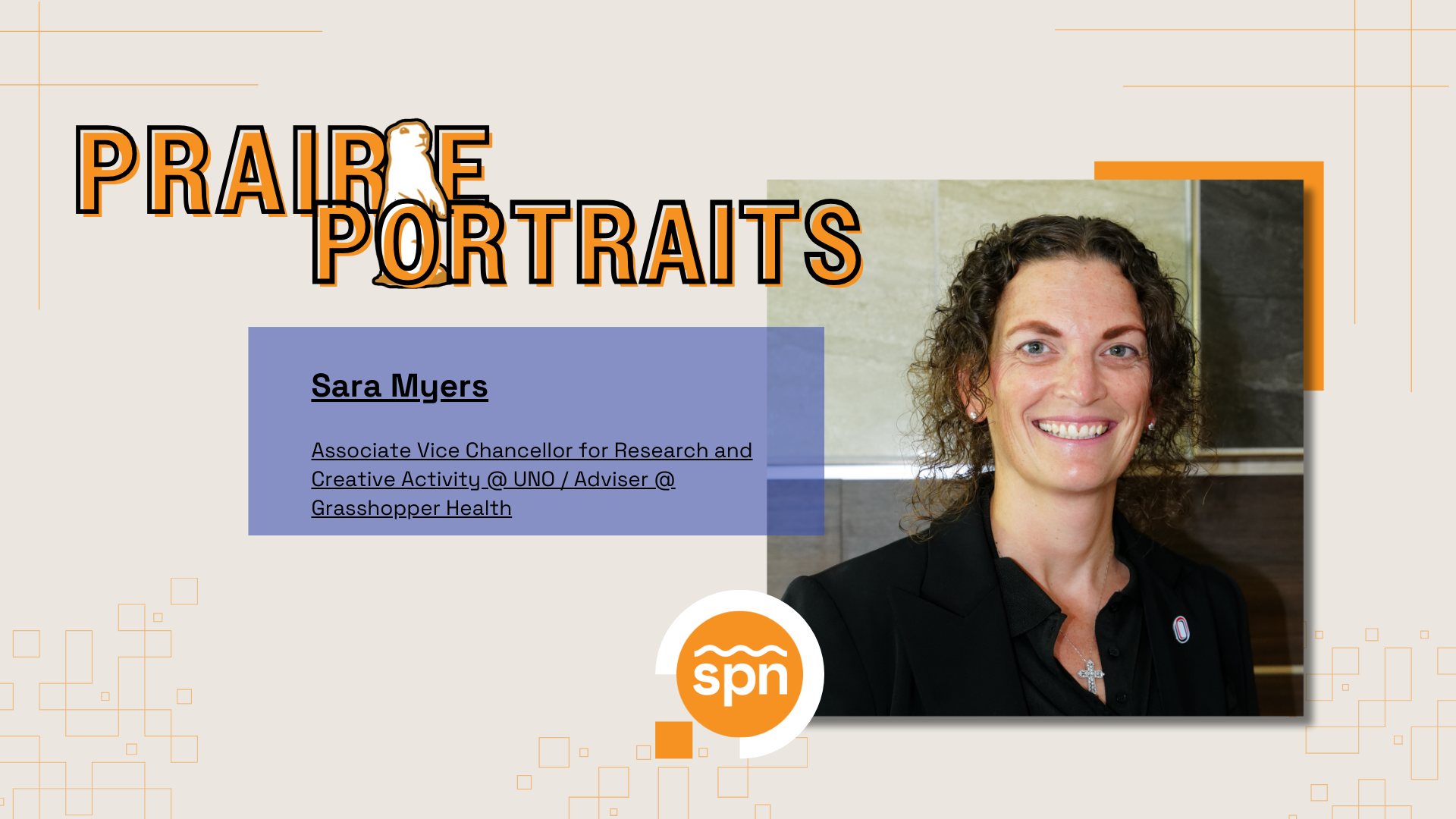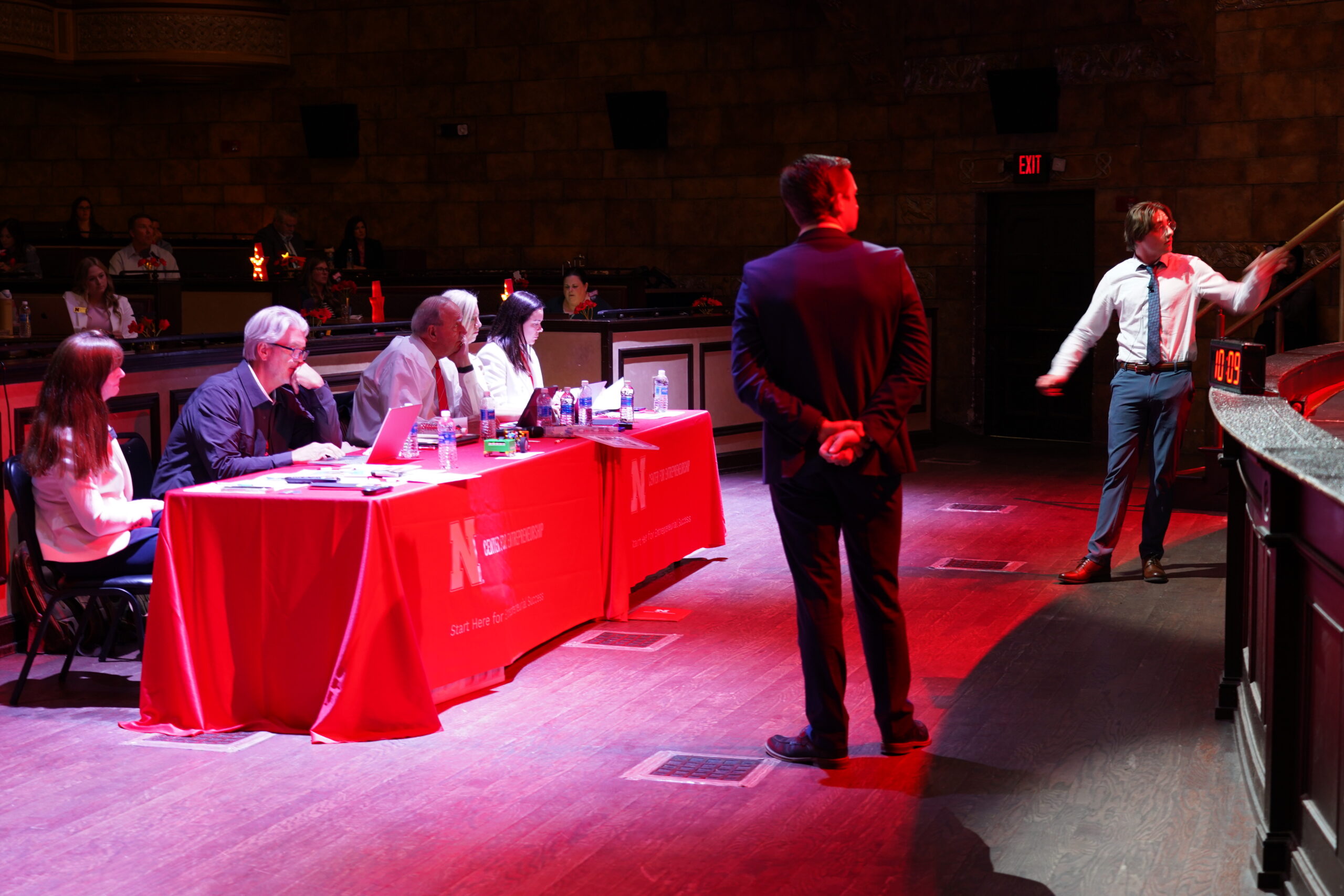
The Iowa Startup Accelerator kicked off its spring 2017 cohort in March, with the Decatur, Ill. startup BluSolar among its ranks. The company is seeking to increase the efficiency of solar cells, resulting in a more cost-effective and longer-lasting product.
How BluSolar works
Based on the idea that freezing metallic objects to negative 300 degrees Fahrenheit and then cycling them back up gives the object increased thermal conductivity and tensile strength, students at the Millikin Institute for Science Entrepreneurship and Millikin’s Center for Entrepreneurship began researching what would happen if photovoltaic (solar) panels went through the same process.
They found that by applying the cryogenic process, solar panel efficiency increased 2.6 percent to 12 percent, depending on the quality of the solar panel.
“A solar cell will degrade about .5 percent per year,” said CEO Estefano Martinez. “Over 15 to 20 years, that adds up to some serious efficiency losses. We’re focused on increasing the longevity and efficiency of these panels.”
In February, BluSolar was the runner-up in the Cleantech University Prize (UP) Pitch Competition. That earned the startup a spot in the Department of Energy’s National Cleantech UP competition in Austin, Texas later this month. The winning company gets a $100,000 prize.
BluSolar and the Iowa Startup Accelerator
For 2017, the Iowa Startup Accelerator has changed its format. Rather than having one 90-day cohort, the accelerator is splitting the program up into smaller seasonal cohorts with each team participating for 12 months. The accelerator will work with teams over the course of the year, with one day of programming per week.
“We felt we were missing out on some good opportunities if a startup’s availability didn’t align with the calendar we selected,” said ISA managing director David Tominsky. “If they were ready in March, we had no way to bring them in if we started in August. To be able to offer assistance to startups when they are ready is important.”
Martinez said BluSolar became aware of the Iowa Startup Accelerator when Tominsky came to Millikin to run a startup weekend. The next weekend, the BluSolar team presented at the NewBoCo space in Cedar Rapids and once they were looking for accelerators, applied to the ISA.
“David really introduced us to agile methodology and scrum,” Martinez said. “It helped change [how we work] on things and our entire management structure. The company that went into this accelerator is coming out an entirely different company.”
Learning as they go
BluSolar is still a young company and Martinez said the biggest lesson learned has been the importance of communication.
“Some misunderstandings have occurred, [one] is that as a startup, we thought we were meant to go so fast, […] faster than anyone else,” Martinez said. “Some of our stakeholders are established corporations that don’t move at the same speed as us, which has lead to some miscommunications.”
The future of BluSolar
For now, Martinez said the focus is for BluSolar to be an R&D company. They’re seeking funding for that work and seeking out investors and private companies that might benefit from what BlueSolar is doing.
“This is a team that has no formal background in material science or engineering,” Martinez said. “In this time we’ve learned so much, and our research has lead us to find a lot of areas where we might be able to apply what we’re doing. Who knows if we will even end up as just a solar company. I could see this tech expanding into other areas of renewable energy.”
—
Joe Lawler is a freelance reporter based in Des Moines.



